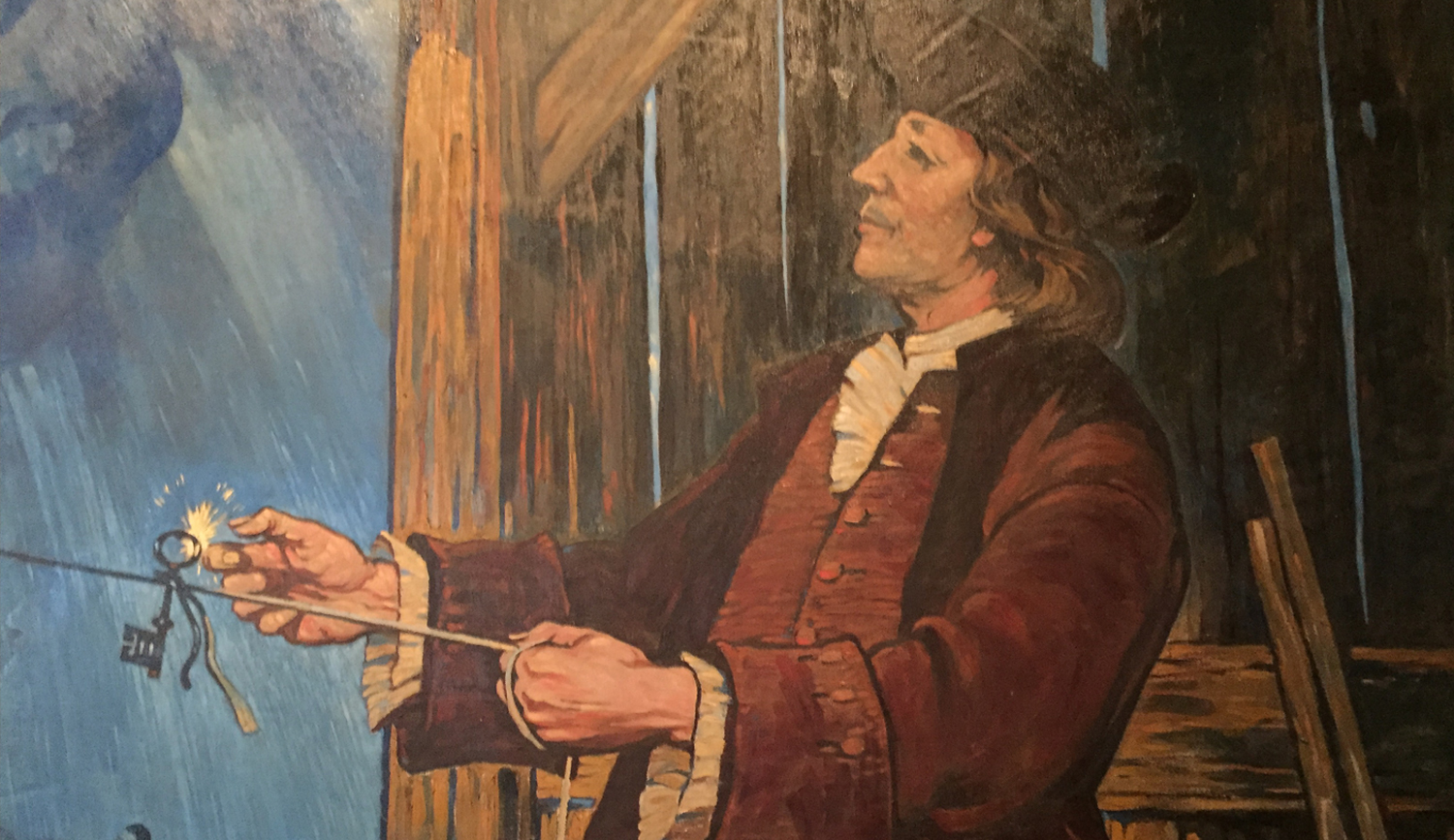“Geography is destiny.” Abraham Verghese.
The Missouri and Mississippi Rivers determined our state’s course and marked much of its border. The Rivers determined not only our destiny, but our nation’s as well.
The Smithsonian Bureau of American Ethnology notes that the Sioux word Missouri means town of the large canoes, which accurately describes the nature of our inland state of waterways.
The continent’s longest river begins at the eastern slope of the Rocky Mountains, flows across the Great Plains, and finally cuts due east across its namesake state. The Missouri merges with the Mississippi, the latter’s appellation derived from an Algonquian word meaning the “gathering of waters.”
A short distance south of the confluence, the wedded rivers flow by an elevated land on the west bank that overlooks the flood plain. Here, early French settlers deemed their port settlement St. Louis, which soon boomed with the fur trade carried down via the Missouri River.
Lewis & Clark provisioned their crew in St. Louis. From here, the Corp of Discovery paddled upstream on the Missouri on an epic journey into the great unknown to discover and lay claim to a vast, uncharted land for the United States.
Twenty years later, steamboats plied up and down the great rivers transporting passengers and carrying the nation’s internal freight from St. Louis to New Orleans thereby expanding commerce and international trade.
A steamboat’s arrival in small towns excited locals and ignited the imagination of young Samuel Clemens who was born in Hannibal, a small hamlet upriver on the Mississippi. Clemens left town to work as a cabin boy and eventually piloted a paddle wheeler himself during the River’s golden days of commerce. Clemens took the name Mark Twain, a river term that measured depth and safe passage. He memorialized the halcyon days of steam boating in Life on the Mississippi, and created the first distinctly American voice with The Adventures of Huckleberry Finn. Clemens would not have become Twain but for the River.
St. Louis situates as the country’s last eastern city; Kansas City the first western-facing city. A 250 mile crow fly west of St. Louis, Kansas City lagged behind its elder sibling because the turbulent Missouri River proved difficult to navigate, the sunken steamers costly. But the town was well-situated for pioneers to provision when embarking northwest on the Oregon Trail, or southwest on the Santa Fe Trail.
After the civil war, the railroads supplanted river boats for transportation primacy. Railroads abhor grades so rail followed river corridors, which triggered growth on both the east and west side of the state. Kansas City tied into the rail network, the lines transporting Texas cattle to Chicago and funneling grain from the Great Plains to points east.
Situated at the nation’s crossroads, railroads and rivers made Missouri a transportation hub. The state’s central locale grew as an amalgam of the surrounding eight states abutting it. While Missouri’s two major cities looks east and west respectively, the hinterlands in between bear rural northern and kindred southern influences.
Land north of the Missouri River consists of glaciated plains with fertile corn fields farmed by folks akin to bordering Iowa. South of the Missouri River lie the undulating Ozarks hills. The Ozarks’ rugged hills and crystalline rivers extend deep into neighboring Arkansas, both sides tied together by the bible belt.
Kentucky, Tennessee and Illinois’ southern tip abut the river opposite Southeast Missouri. South of Cape Girardeau, the mighty Ohio River flows into the Mississippi River where the upper reach of the Mississippi Delta begins. The state’s Bootheel contains rich alluvial soil and a populace who speak with a decidedly southern accent.
Politically, Missouri’s melting pot pours red. The State’s two major urban areas split their vote so that rural constituents’ conservative fiscal and cultural views dominate the state’s governance. Yet, the state’s denizens prove socialist when it comes to protecting the land.
Missourians passed a one-tenth-of-one percent Parks, Soils and Water Sales Tax, with the revenue raised used for soil and water conservation efforts, and to support the state’s park system. Most recently, the tax was re-approved by 80 percent of the vote in 2016, passing in every county of the state. This community of interests coalesced due to the state’s rural vote safeguarding farms, with urbanites protecting the beloved Ozarks—especially its crystalline streams like the Current, Jacks Fork and Eleven Point rivers. Again, rivers—this time the small scenic streams—influence our state’s character. Our free state parks system stands as the envy of many states. Indeed, the country’s longest rails to trails system, the scenic Katy Trail State Park traverses a 244-mile path along verdant fields and farmland, and passing along towering bluffs on one side with sweeping views opposite of our Missouri River.
Preserving our diverse geography remains our destiny.

3 replies on “Waterways Course Our Destiny”
So True…..and the west Cannot have our water!
An interesting and informative article Mr. Lore, especially for those of us living in the “Show Me” state. Thank you.
This is a personal suggestion, but I recommend caution when using nouns as verbs…confluences?
You are right of course. That’s called pounding a round noun into a square verb. That faux pas is emblematic of the uninspired throw away piece written only to post a 12th piece in a one-year span. I’d offer you a job as my editor, but not much to say or write these days.